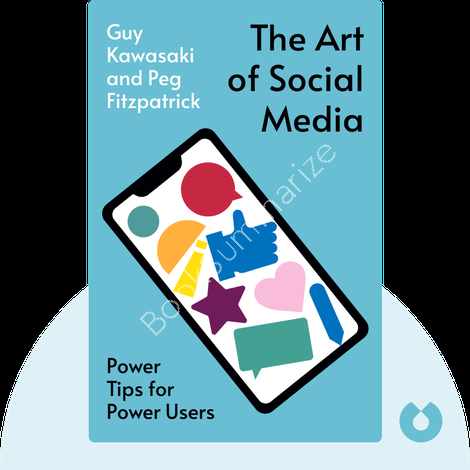
The Power of the Pussysummary
How to Get What You Want from Men: Love, Respect, Commitment and More!
3.6 (188)
13 mins
Brief summary
In *The Power of the Pussy*, Kara King explores the dynamics of female empowerment, sexuality, and relationships. Through candid anecdotes and practical advice, she emphasizes the importance of embracing one's femininity and using it to navigate romantic entanglements. King's relatable tone and bold approach resonate with readers seeking self-discovery and personal growth. This book is not just about sex; it's a journey towards confidence and understanding one’s worth. Ultimately, it inspires women to reclaim their power and redefine their narratives.
The Power of the Pussy
Summary of 6 key ideas
Embracing Femininity as a Source of Power
The Power of the Pussy by Kara King delves into the significance of recognizing and owning femininity as an inherent source of strength. Throughout the book, King asserts that society often places limitations on women's self-perception, guiding them to underestimate their worth and capabilities. She encourages women to embrace their femininity unapologetically. This empowerment is not merely about physical attributes but also about cultivating self-love and confidence that radiate from within.
For example, King illustrates her point with stories of women who transformed their lives by acknowledging their feminine qualities. This could be the story of a woman who, after years in a corporate environment, reconnects with her creative side through dance, embracing her femininity as an avenue for self-expression. King emphasizes that this reconnection often leads to improved relationships and a deeper understanding of self-worth.
By celebrating femininity, women can redefine their narratives and challenge societal norms. This reclamation of power requires conscious effort and a decision to prioritize oneself over the expectations imposed by others. Ultimately, King’s narrative is a vibrant call to arms for women to recognize that their feminine identity is their greatest asset—not something to be hidden or minimized.
Key ideas in Emotions Revealed



What is The Power of the Pussy about?
The Power of the Pussy by Kara King explores the profound dynamics of female sexuality and empowerment. This provocative guide boldly challenges societal norms, encouraging women to embrace their worth and reclaim their sexual identities. Readers will discover practical insights and transformative wisdom that foster personal growth and self-love. Kara King, a renowned speaker and advocate for women's rights, draws on her extensive experience to inspire confidence and authenticity. Dive into this empowering journey and unlock the strength that lies within you!
Who should read The Power of the Pussy?
- Women seeking empowerment and self-discovery in their personal lives
- Readers interested in exploring the intersection of sexuality and confidence
- Individuals looking to enhance their romantic relationships through self-love
- Fans of candid and relatable narratives on femininity and identity
Categories with The Power of the Pussy
Community also liked these summaries
It's highly addictive to get core insights on personally relevant topics without repetition or triviality. Added to that, the app's ability to suggest kindred interests opens up a foundation of knowledge.
BookSummarize has completely transformed the way I consume knowledge. Their audio quality is top-notch, and their content is curated with a focus on depth and relevance. Highly recommended!
The mission of BookSummarize to make the world full of knowledge is truly inspiring. Their platform is seamless and packed with insightful books and summaries. I’ve learned so much in such a short time.
BookSummarize is a game-changer for anyone who values personal and professional growth. The audio quality is crystal clear, and their content is engaging and informative. A must-have for lifelong learners.
The idea of spreading knowledge through BookSummarize is phenomenal. Their platform is user-friendly, and their book recommendations are spot on. Their commitment to quality is evident in every aspect.

























































































































































































































































































































































































































































































































































































